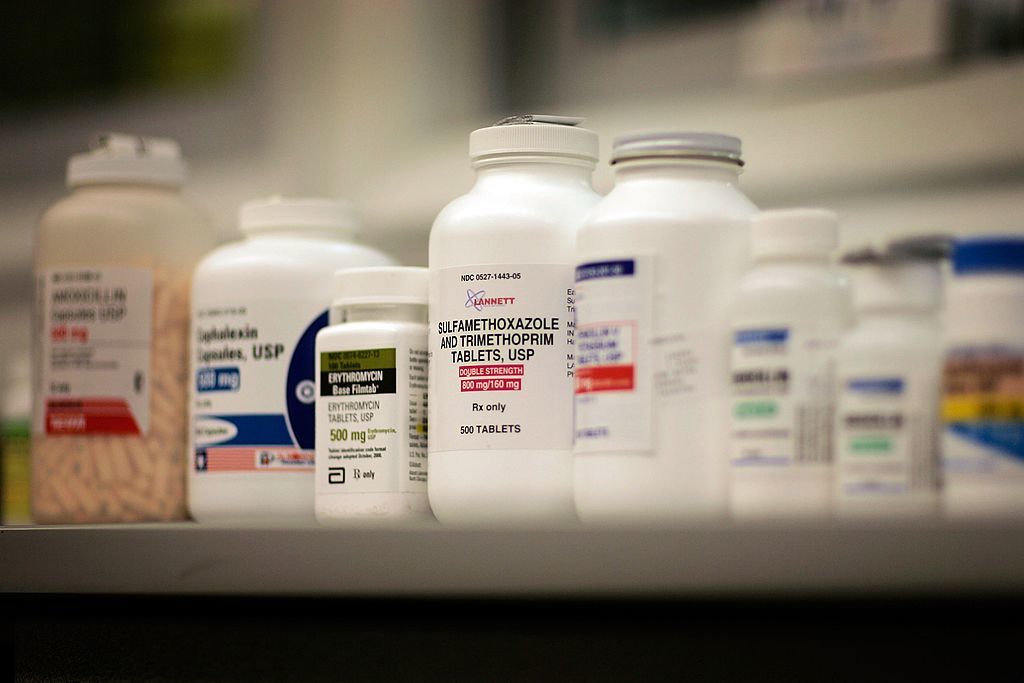According to a former chief medical officer of the United Kingdom, interviewed by The Guardian, as many as “40 million people” worldwide could die by the middle of the century due to the spread of antibiotic-resistant bacteria. The phenomenon would particularly concern elderly people.
Global death rate from bacterial resistance to antibiotics will rise every year and could, by 2050, cost ’40 million lives’, former UK chief medical officer says (2010-2019) Sally Davies, reported by The Guardian.
“Approximately one million people die each year due to the spread of antimicrobial resistance, and this figure is expected to increase over the next 25 years,” said the hematologist, warning of the spread of antibiotic-resistant bacteria, also known as superbugs, which have gradually become the bane of hospitals.
“There is a real danger that routine procedures – from surgery to childbirth – could carry widespread life-threatening risks due to the spread of antimicrobial-resistant bacteria.” The Guardian.
The daily highlighted that older people are at risk due to the increase in chronic illnesses they develop, which makes them more vulnerable to these bacteria.
“Recent data shows that antimicrobial resistance is decreasing in children under five, which is good news. For people aged over 70, mortality rates have increased by 80% since 1990, which is very worrying,” the publication states.
New antibiotics: laboratories little interested
Faced with these threats, doctors try to limit the prescription of antibiotics as much as possible. But the spread of superbugs is not only attributable to overmedication of the elderly. “We basically inject antibiotics into cows, chickens and sheep, as a cheap alternative to growth promotion or prophylactics to prevent the spread of disease,” Dr Davies said.
Furthermore, overcoming this growing resistance of the human body to antibiotics, through the development of new antimicrobial drugs, would come up against a much more prosaic reality.
“For example, high blood pressure medications that need to be taken every day or cancer medications that need to be administered for months are much more profitable for pharmaceutical companies,” the scientist explained.
“If you develop a new antibiotic, someone might use it once a week, once a year. Where is the profit? They therefore have no reason to try to develop new antibiotics,” she declared.
The Covid-19 crisis would have contributed to the phenomenon
Furthermore, according to the WHO, during the Covid-19 crisis, hospitalized patients would have abused antibiotics: “around 75%” of them took these drugs “just in case”, affirms Davis, while “8 %” only needed it due to bacterial co-infections.
This is while prevention campaigns against the overconsumption of antibiotics are commonplace. In Russia, the Ministry of Health recalled that these drugs were useless against viral diseases, including COVID. Beyond the infections that can be contracted, antibiotics can also create drug resistance in bacteria – which can cause disease – already present in the body.
RT All Fr Trans


